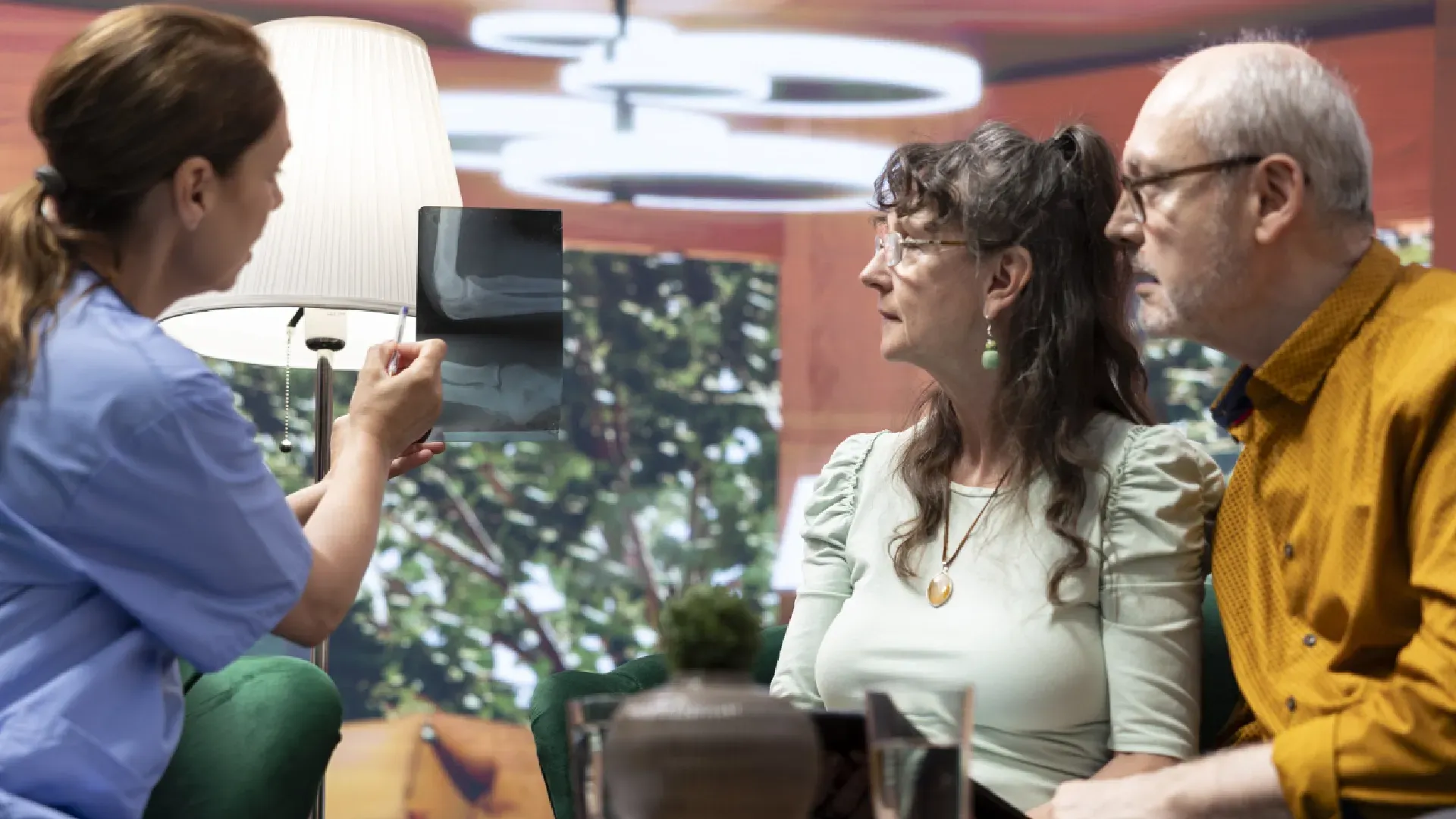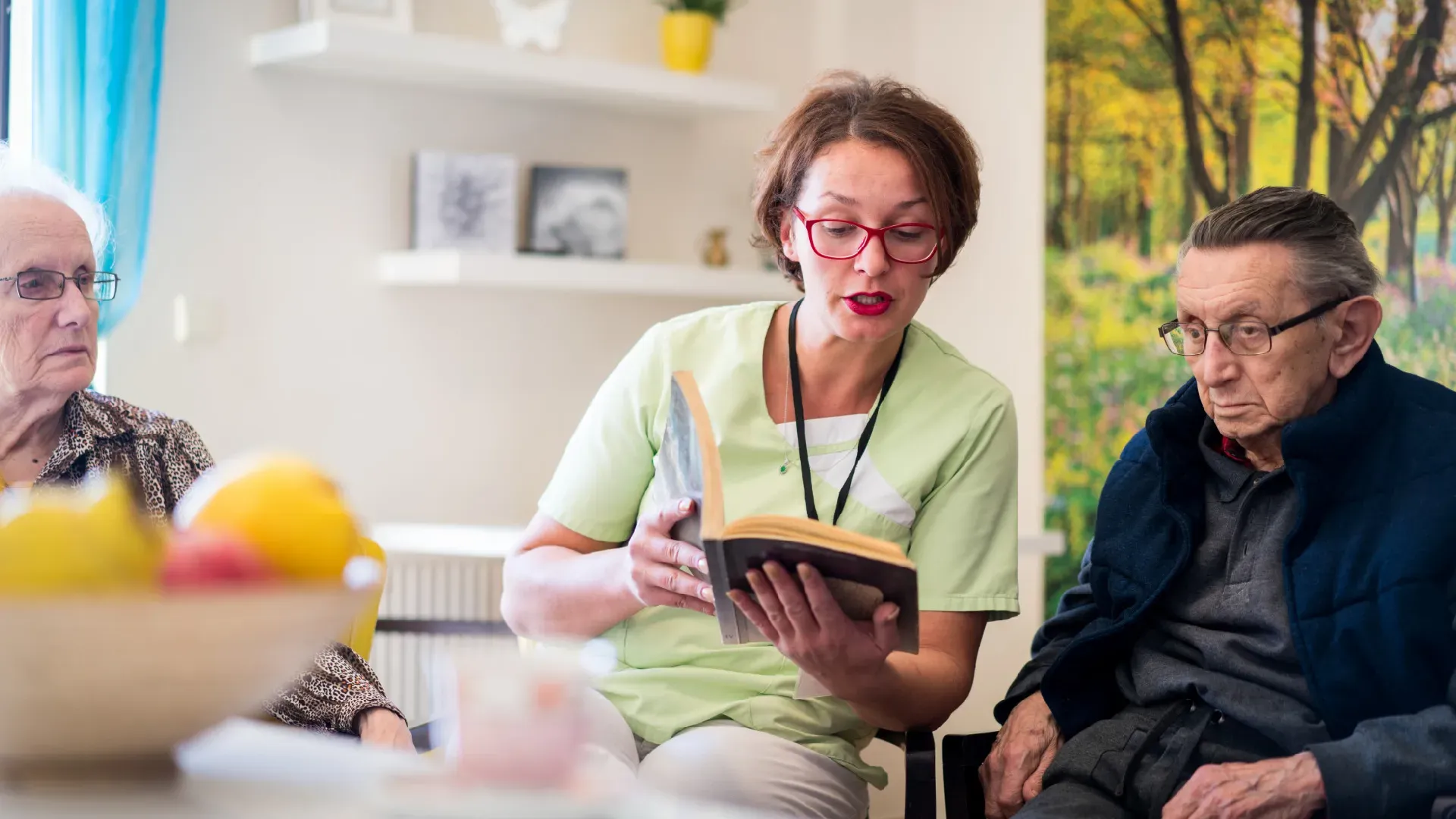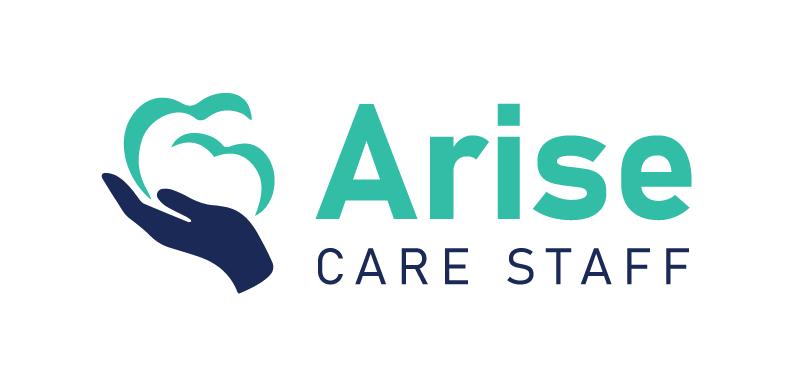Culturally Safe Aged Care: How Multilingual Staff Improve Quality of Life for Diverse Residents
In Australia’s increasingly multicultural society, aged care providers are facing growing pressure to deliver care that respects the cultural, linguistic, and social needs of their residents. As the elderly population continues to diversify, particularly within Culturally and Linguistically Diverse (CALD) communities, the demand for culturally safe and inclusive aged care has never been greater. Arise Care Staff is at the forefront of providing multicultural aged care staffing solutions, ensuring that facilities can meet these demands while enhancing the overall quality of life for their residents.
1. The Importance of Culturally Safe Aged Care
Australia’s demographic shifts mean that aged care facilities are increasingly serving residents from a variety of cultural backgrounds. According to the Australian Bureau of Statistics (ABS), nearly one-third of Australia’s population is born overseas, and many of these individuals are reaching retirement age. This demographic includes people from diverse ethnic backgrounds, including Māori, Pacific Islanders, Chinese, Indian, Italian, Greek, and Indigenous Australians, among many others.
For elderly individuals, their culture and language are integral to their identity. Aged care services that understand, respect, and incorporate cultural practices and beliefs can greatly improve the emotional and physical well-being of residents. Culturally safe aged care means providing an environment where residents feel comfortable, respected, and valued—free from discrimination or cultural insensitivity.
For aged care workers, this means having the cultural competence to understand and accommodate the unique needs of each resident. It requires not just knowledge of traditions and practices, but also the ability to engage with residents in a way that fosters trust and promotes dignity. Arise Care Staff is committed to providing facilities with culturally safe staffing solutions by recruiting multilingual staff who can communicate with and connect deeply with residents from diverse backgrounds.
2. Why Multilingual Staff Are Essential in Aged Care
Language plays a central role in building strong relationships between caregivers and residents. A common barrier in aged care is the language gap, which can lead to misunderstandings, frustration, and a decline in care quality. Multilingual staff are crucial in overcoming this barrier, as they can communicate directly with residents in their preferred language, ensuring that their needs are understood and met.
By employing multilingual nursing staff, Arise Care Staff is helping to break down these communication barriers and improve resident outcomes. Multilingual care providers offer:
- Better Communication: Staff who speak the same language as the resident can understand their needs more effectively, both for everyday care tasks and for addressing complex health concerns. This enhances the quality of care provided, as language is key to understanding symptoms, preferences, and personal concerns.
- Emotional Connection: Language is not just about exchanging information; it is a means of emotional expression. Residents who speak their native language often experience less anxiety and distress, leading to better emotional well-being. For elderly individuals who may feel isolated or disconnected from their cultural roots, having caregivers who speak their language creates a sense of familiarity and security.
- Cultural Sensitivity: Multilingual staff are also often more attuned to the cultural nuances that can influence care. This might include dietary preferences, spiritual practices, or traditional healing methods that are important to the resident's background. Multilingual staff can navigate these customs with respect, enhancing the comfort and dignity of the residents.
3. Addressing the CALD Community’s Unique Needs
The elderly population in CALD communities often faces additional challenges compared to the general population. Many older migrants, especially those who do not speak English fluently, experience social isolation, loneliness, and difficulty accessing essential services. In aged care, this isolation can be compounded by language barriers that hinder residents’ ability to advocate for their own care.
To address these challenges, Arise Care Staff ensures that aged care facilities can access staff with multilingual skills who are sensitive to the particular needs of CALD residents. This commitment includes:
- Culturally Appropriate Care: Understanding cultural values and practices is vital to offering respectful, personalised care. For example, some cultures may have different attitudes toward aging or specific preferences regarding end-of-life care. Multilingual staff, with their awareness of these differences, are better equipped to provide care that aligns with these values.
- Reducing Social Isolation: Many residents from CALD backgrounds may have limited social connections outside their family, particularly if their family members live abroad or are unable to visit regularly. Having multilingual staff means that these residents can engage in meaningful conversations, maintain a connection to their culture, and experience a sense of community in their care environment.
- Better Health Outcomes: There is significant evidence linking cultural competence in healthcare with improved patient outcomes. By providing residents with caregivers who understand their cultural background, Arise Care Staff helps to improve the quality of care and patient satisfaction. Furthermore, culturally competent care can lead to better adherence to treatment plans and a more positive overall care experience.
4. Arise Care Staff’s Approach to Inclusive Hiring
At Arise Care Staff, we recognise the importance of ensuring that aged care facilities have access to the best talent available. Our recruitment processes are designed to source not only highly skilled care staff but also professionals who are passionate about delivering culturally safe care. We pride ourselves on our ability to find multilingual workers who bring not only clinical expertise but also an understanding of the cultural diversity of Australia’s ageing population.
Our inclusive hiring practices ensure that facilities have access to care workers who can speak multiple languages, including but not limited to Mandarin, Italian, Greek, Punjabi, Hindi, Arabic, and Vietnamese. This diversity in our workforce enables us to meet the varied needs of elderly residents across different backgrounds, ensuring that all residents receive the high-quality, personalised care they deserve.
5. Conclusion: The Future of Culturally Safe Aged Care
As Australia’s population continues to age and diversify, the demand for culturally safe, inclusive care will only grow. Multilingual staff are a crucial part of this evolution, helping to bridge language and cultural gaps, build trust with residents, and improve overall care outcomes. Arise Care Staff remains committed to leading the charge in delivering culturally competent staffing solutions, ensuring that aged care providers across Victoria and beyond can offer the best possible care to all residents, regardless of their cultural background.
By prioritising the recruitment of multilingual, culturally competent professionals, we are not only meeting the current needs of aged care residents but also preparing for a future where diverse, inclusive, and empathetic care is the standard.











